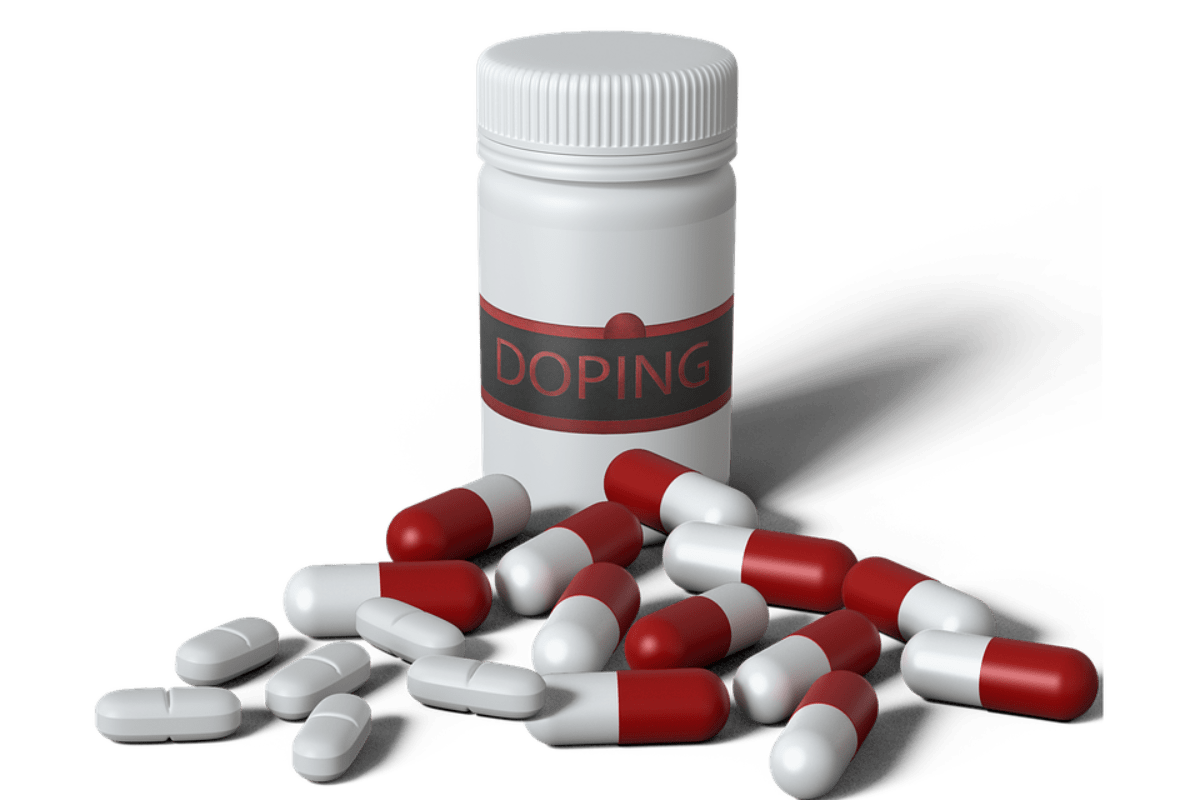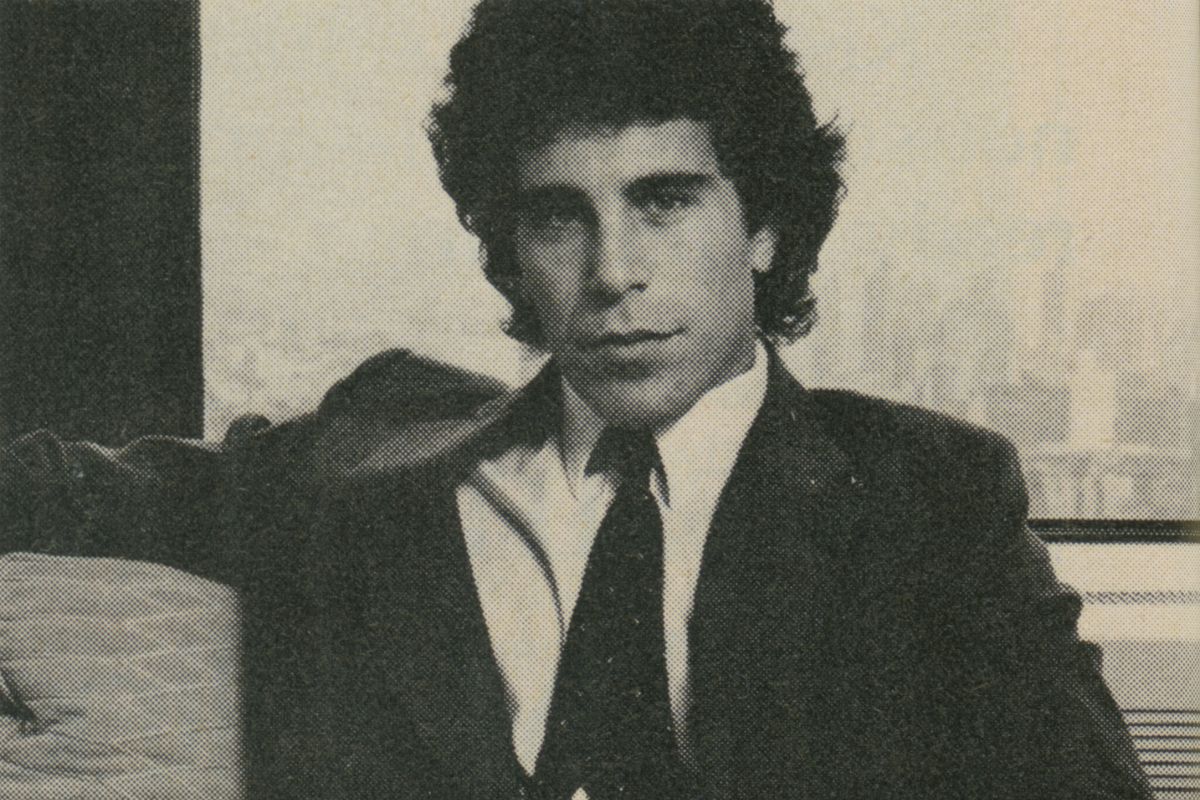Russia’s recent doping ban is just the tip of the iceberg. The scale of the scandal is hidden to protect the profits of corporations making billions from sporting events. Sports must be taken out of the hands of big business.
Last month, the World Anti-Doping Agency (WADA) voted to ban Russia for four years from competing in global sporting events, including the Olympics, Paralympics and football World Cup. Individual athletes will be able to compete under a neutral banner if they can prove they are drug free.
This comes on the back of a ban in athletics since 2015, after the exposure of a Russian state-sponsored doping programme. Russia are appealing this fresh sanction.
Dig a little deeper and you soon see that this decision from WADA represents only the tip of a colossal iceberg. It exemplifies the corruption that is rife throughout global sport, along with the blatant hypocrisy of other nations who fund their own doping programmes.
At the 2011 IAAF World Championships, 44% of athletes admitted to doping. Yet typically, only 1.4% of athletes return a positive sample for doping. What is behind this discrepancy?
Hypocrisy
 While much light has been shone on Russia’s state-sponsored doping scandal, no more than a cursory glance has been made at the scale of doping in the US, UK, China and other leading sporting countries.
While much light has been shone on Russia’s state-sponsored doping scandal, no more than a cursory glance has been made at the scale of doping in the US, UK, China and other leading sporting countries.
In October of last year, for example, Nike closed down their Oregon Project, which funded training for Olympic athletes through a $460m 26-year sponsorship deal with US Track and Field. This came about after the programme’s head coach Alberto Salazar and doctor Jeffrey Brown received four-year bans from sport.
So why haven’t they punished the athletes who took part in the Oregon Project, as they have done for Russian athletes (most of whom probably had little or no involvement in the doping programme)? The athletes in the Oregon Project include four-time Olympic champion Mo Farah, and Galen Rupp, the 2012 Olympic 10,000 metres silver medallist and 2016 Olympic marathon bronze medallist.
The reason is that banning athletes like Farah or Rupp would hurt Nike’s profits. Back in 2012, it was only after US cyclist Lance Armstrong confessed to Oprah about his career-long systematic doping that Nike finally decided to drop Armstrong. This is despite accusations of doping being made against him since the 1990s.
Sports companies like Nike seem happy to turn a blind eye to doping and cheating in sport, as long as their already huge profits are increasing. This ruthless pursuit of profit is personified by Armstrong’s reflection on his doping past: “We did what we had to do to win. It wasn’t legal, but I wouldn’t change a thing: whether it’s losing a bunch of money, going from hero to zero.”
Sport in crisis
Cycling has a history of a widespread doping culture. Until recently, this was assumed by many to have been eradicated from the sport. However, the ongoing investigation into British Cycling and Team Sky over allegations of doping has revealed that doctors and coaches have played a key role.
The Movement for Credible Cycling (MPCC) has written a letter to the Union Cycliste Internationale (UCI) describing the current behaviour of cycling team bosses as implementing, “a mafia doping protocol”. Considering that over €2,000,000 in prize money was up for grabs during the 2019 Tour de France, it is clear that the profit motive is the reason why team bosses put athletes’ lives at risk.
Doping scandals have also emerged in rugby and football, sports with lesser known doping cultures. Rugby has seen a rise in positive tests for cocaine, in tandem with a mental health crisis – itself linked to frequent head injuries.
In July, it was revealed that 11 English Premier League footballers had tested positive for banned substances. Yet they avoided punishment and were allowed to continue to compete.
Even WADA voted to lower the severity of bans on athletes caught taking cocaine and cannabis. They have most likely done this because they are aware of an emerging doping scandal in several sports. Former WADA president Dick Pound goes some way to explain the doping crisis:
“The real problem is most of the sports authorities do not wish to have positive tests. They think it’s bad for their reputation. […] It does take a crisis and then a real uprising to produce some action.”
A symptom of capitalism
 The scale of scandal and corruption in sport – bribery; multi-million-pound doping programmes; human rights’ abuses; gambling and match-fixing – is carefully hidden and covered up. After all, the capitalist corporations who sponsor sporting events worldwide draw in billions in profits. They will, and have, cancelled sponsorship deals if their brand becomes associated with cheating.
The scale of scandal and corruption in sport – bribery; multi-million-pound doping programmes; human rights’ abuses; gambling and match-fixing – is carefully hidden and covered up. After all, the capitalist corporations who sponsor sporting events worldwide draw in billions in profits. They will, and have, cancelled sponsorship deals if their brand becomes associated with cheating.
The only solution to truly rid organised sport of this systematic corruption is to kick out the profit motive that drives doping, bribery, and match-fixing. This means putting sport under the ownership and control of fans, players and communities. Only then can we ensure that sport is run for the enjoyment of the many, not the profits of the few.






